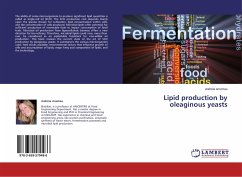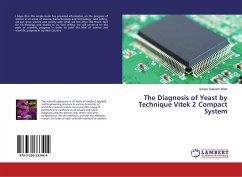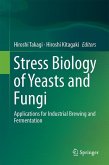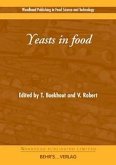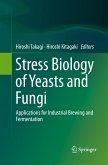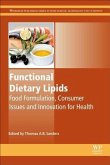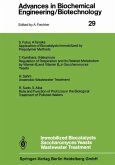The ability of some microorganisms to produce significant lipid quantities is called as single-cell oil (SCO). The SCO production cost depends mainly upon the species chosen for cultivation, lipid concentration within cells, and the concentration of cells produced. Microbial lipids offer potential for sufficient production of renewable fuels to impact consumption of fossil fuels. Microbial oil production from lignocellulosic biomass offers a new direction for bio-refinery. Therefore, microbial lipids could now, more than ever, be considered as an exploitable feedstock for non-edible oil production. This book reviews the current state of the art of SCO production by oleaginous yeasts. It summarizes the various microorganism used, feed stocks available, environmental factors that influence growth of cells and accumulation of lipids, major fatty acid composition of lipids, and the technology.
Bitte wählen Sie Ihr Anliegen aus.
Rechnungen
Retourenschein anfordern
Bestellstatus
Storno

